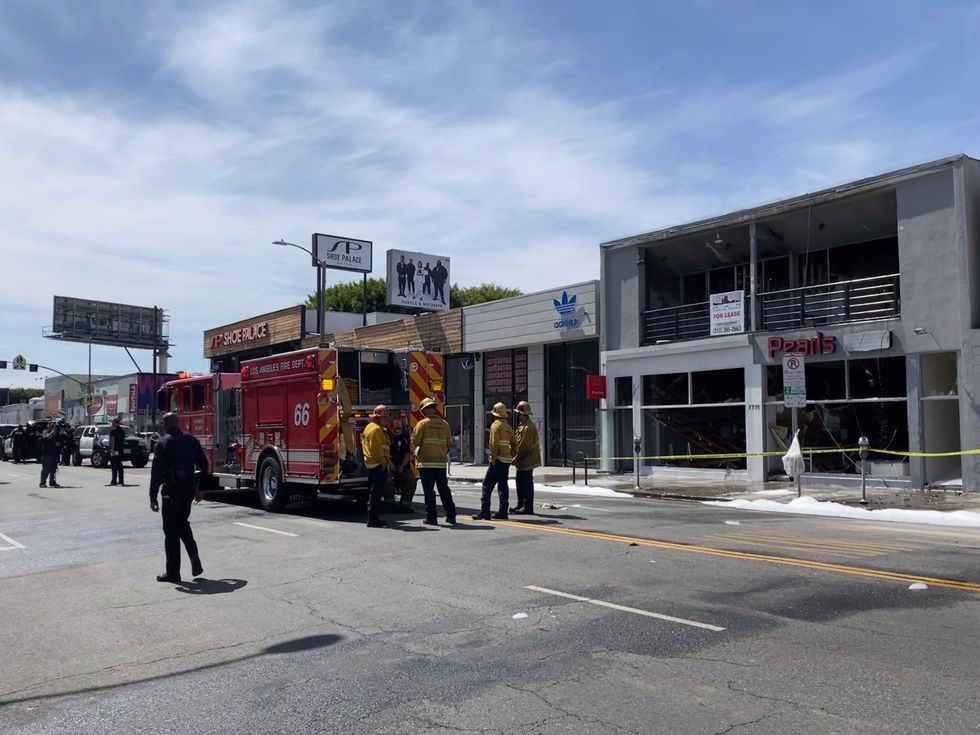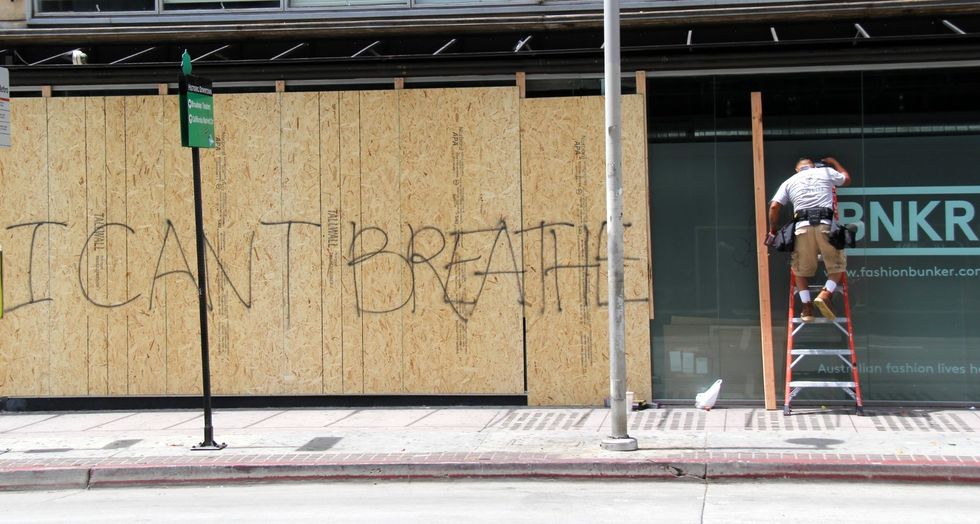In the aftermath of George Floyd's death, the worldwide protests, corporate condemnations and reflections on racism in America have sparked a common impression: 'This time could be different.'
An L.A.-based analytics and digital rights management firm now has data it says backs up that sentiment.
Pex, which helps creators and rights holders audit, measure and monetize their audio and visual intellectual property across the web, has found that 80% of the 100 most-viewed videos on Twitter in the 12 days following George Floyd's death were related to Black Lives Matter. Another 10% were related to race or racism more broadly.
Among the top 10 are incidents of police aggression, guidance for protesters and the arrest on live television of a CNN reporter and his production crew.
In all, the data that Pex aggregated from Twitter show that between May 25 and June 5, race- and BLM-related videos were watched over 1.4 billion times. Their analysis isn't able to detect whether some of that activity is being fomented by bad actors or bots. But Pex's head of business development, Wilson Hays, argues that such a high concentration of viewing around one subject matter is remarkable.
"Not only have the recent uploads related to Black Lives Matter received more views than any other societal moments in recent years, but it has completely dominated the sheer volume of videos being uploaded and viewed," said Hays. "With so much content constantly battling for our attention, this has shown us that this anti-racism movement was not going to be ignored and demanded the attention of audiences everywhere."
Comparing these data to a handful of recent examples provides a striking indication of how abnormal it is to have one topic capture so much attention.
In the week following the January 2017 Women's March, for example, Pex estimates that just 13% of the top 100 Twitter videos pertained to the protest and women's rights.
In the time between The Washington Post's September 2018 publication of Christine Blasey Ford's allegation that then-Supreme Court nominee Brett Kavanaugh had raped her and Kavanaugh's October Senate confirmation, the figure was just 4%.
And an analysis by the New York Times reports Twitter said that by May 28 of this year over 8 million tweets had been tagged with the #BlackLivesMatter hashtag. That's over 50-times the number of similarly tagged tweets in the five months following Eric Garner's death in 2014. (The phrase "Black Lives Matter" came into widespread use in 2013 following the acquittal of George Zimmerman in the death of Trayvon Martin.)
Historians, organizers and protesters have offered reasons why this time feels different: the evident cruelty of the video footage of George Floyd's death, pent-up anxiety from the coronavirus pandemic and the fact that lockdowns have meant many have more time to watch and participate in what's happening on the streets. There's also the fact that 2020 is an election year, which may be spurring politicians to take a stand.
Pex's data suggest another reason: the high volume of video footage and the fact that the footage has truly captured our attention.
"We can say that for the first time," Hays said, "we've all been watching this together."
- George Floyd Update: Disney will donate $5M to Social Justice ›
- George Floyd Protests: Scooters Are Pulled Off Streets - dot.LA ›
- George Floyd Update: Los Angeles County and City Lift Curfews ... ›
- George Floyd Protests: L.A.'s Tech Community Reacts - dot.LA ›


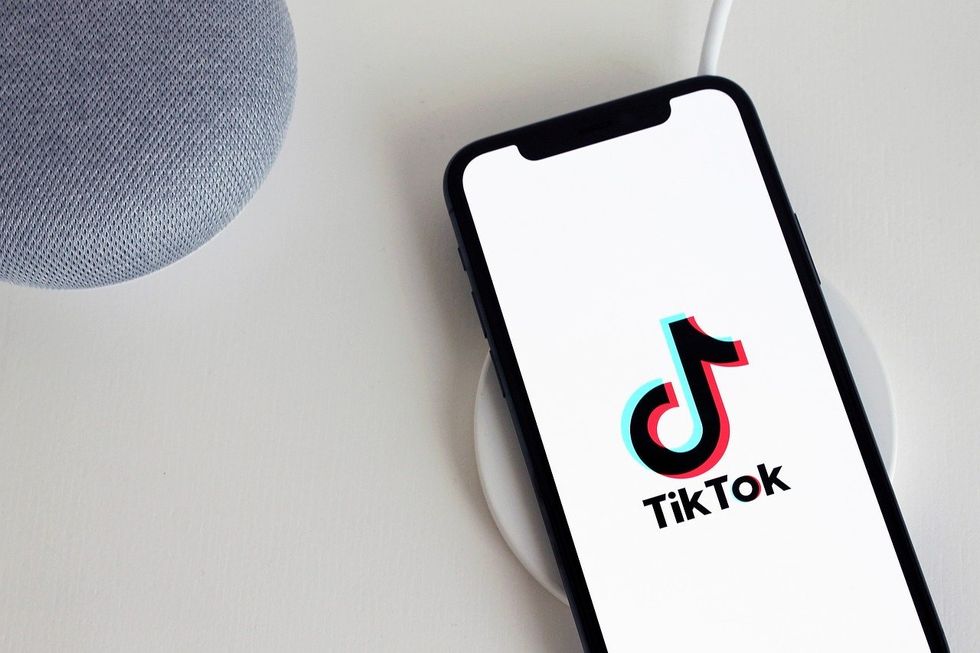
 Art by Candace Navi
Art by Candace Navi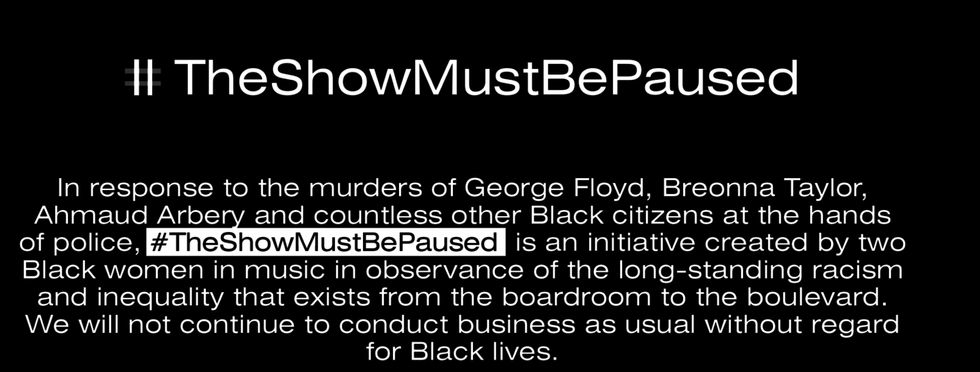
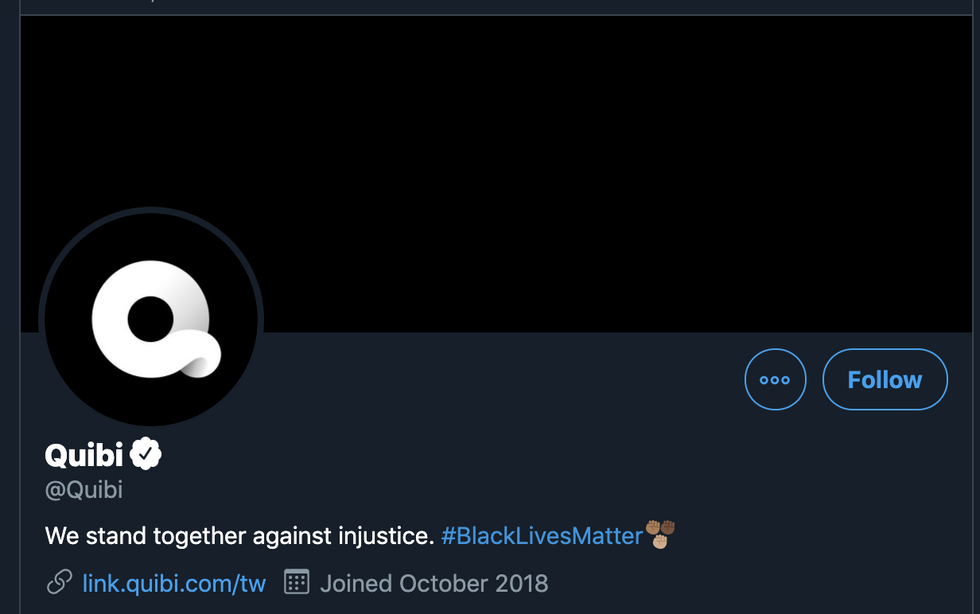
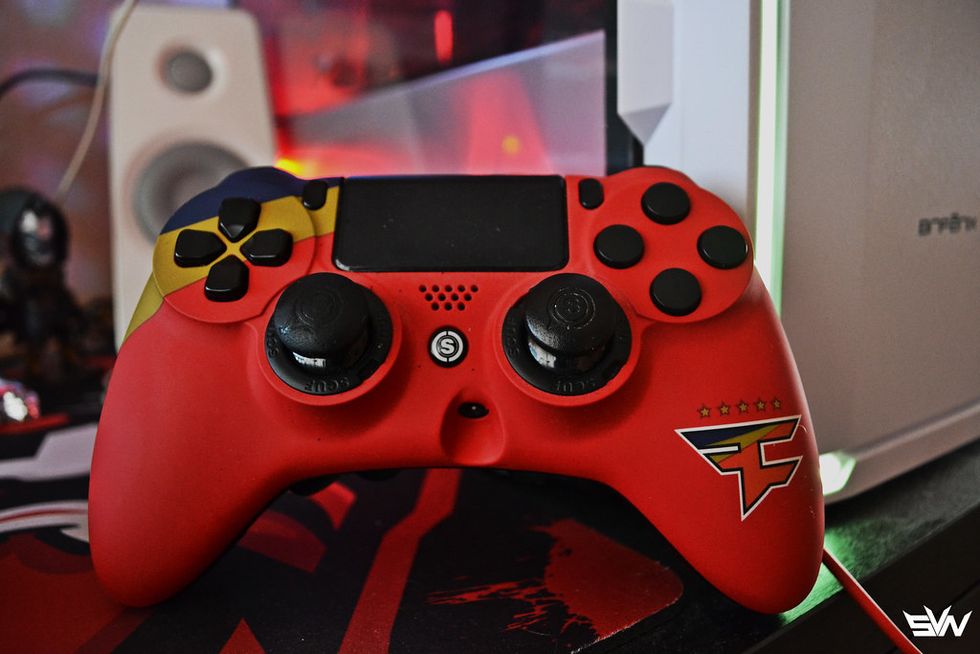 live.staticflickr.com
live.staticflickr.com
